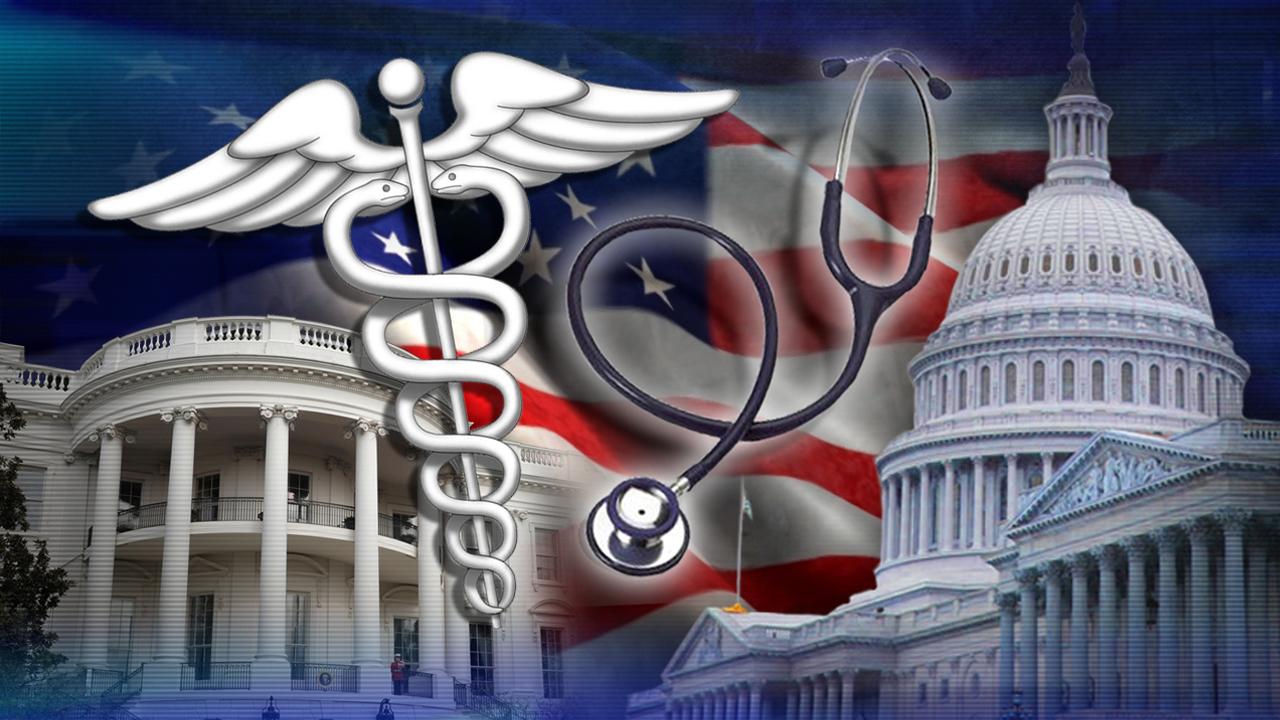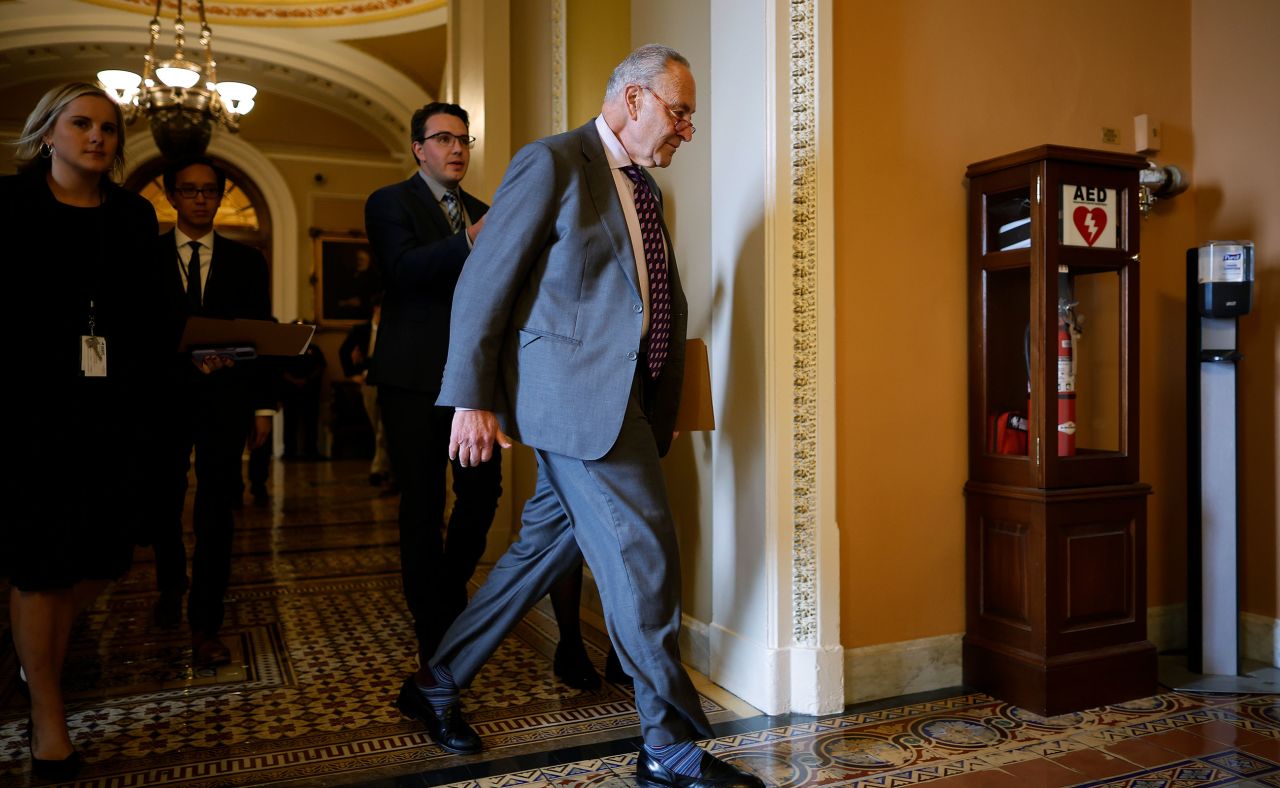House Minority Leader Hakeem Jeffries and the Democratic Caucus are making a bold stand on the Capitol steps against President Trump"s latest tax and spending bill. This legislation, which threatens almost $1 trillion in cuts to Medicaid, has ignited a firestorm of outrage among Democrats and could provide them with a critical opening as they prepare for the 2026 midterm elections. With health care once again at the forefront of American political discourse, Democrats must seize this moment before it slips away.
Trump"s Cruel Cuts to Medicaid
Trump"s bill has been described by Jeffries as "the largest cut to health care in American history," and for good reason. The proposed reductions in Medicaid funding will directly impact tens of millions of lower-income and elderly Americans who rely on this essential program for their health care needs. As reported by the NPR, nearly 12 million people stand to lose their health insurance if these cuts are enacted, a statistic that should strike fear into the hearts of those who care about social justice and health equity.
The Political Landscape Shifts
Polling indicates that a majority of Americans oppose Trump"s bill, with significant backlash specifically against the cuts to Medicaid. According to AP News, a staggering 83% of Americans view Medicaid favorably, and 82% agree that funding should either be increased or remain stable. This creates a ripe opportunity for Democrats to capitalize on the discontent surrounding Trump"s policies.

Top Medicaid aide defies Trump over health care bill | Fox News Video
The Challenge for Democrats
However, while Trump may be handing Democrats a powerful issue, they are not without their own challenges. Congressional Democrats currently hold a dismal approval rating of just 27%, lower than that of their Republican counterparts. Data from NPR shows that dissatisfaction among Democrats runs deep, with only 44% of party members approving of their congressional representatives. If Democrats want to harness the momentum created by Trump"s devastating policies, they must first unify their ranks and clearly communicate a vision for health care that prioritizes the needs of the most vulnerable Americans.
The Power of Health Care in Elections
Health care has proven to be a pivotal issue in past elections. In 2010, the Affordable Care Act faced intense criticism, leading to significant Democratic losses. Yet, after President Obama left office, public perception shifted, and support for the ACA steadily increased, culminating in its highest favorability rating of 66% as of last month, according to KFF. The 2018 midterm elections showcased the power of health care as a rallying point, helping Democrats reclaim control of the House.

September 29, 2023 - Government shutdown nears as Congress continues ...
Mobilizing Against Misinformation
Despite the clear benefits of Medicaid, misconceptions about the program persist, with many Americans mistakenly believing that it primarily serves unemployed adults or undocumented immigrants. This misinformation can skew public perception and complicate the Democratic message. The Republican framing of the bill as a necessary step to eliminate "waste, fraud, and abuse" is likely to resonate with those who are misinformed about the program"s beneficiaries. Democrats must actively combat these narratives to ensure that the reality of Medicaid"s impact is clearly understood.
The stakes are incredibly high as Trump touts his "One Big Beautiful Deal" and embarks on a year-long campaign to celebrate what he claims will be an economic renaissance for America. As Democrats prepare to confront this narrative, they must also address their internal divisions and present a coherent, unified front. The fight over Medicaid is not just a legislative battle; it is a moral one that speaks to the values of compassion and justice that should be at the heart of American governance.



![[Video] Gunfire between Iraqi security forces and Sadr militias in Baghdad](/_next/image?url=%2Fapi%2Fimage%2Fthumbnails%2Fthumbnail-1768343508874-4redb-thumbnail.jpg&w=3840&q=75)
